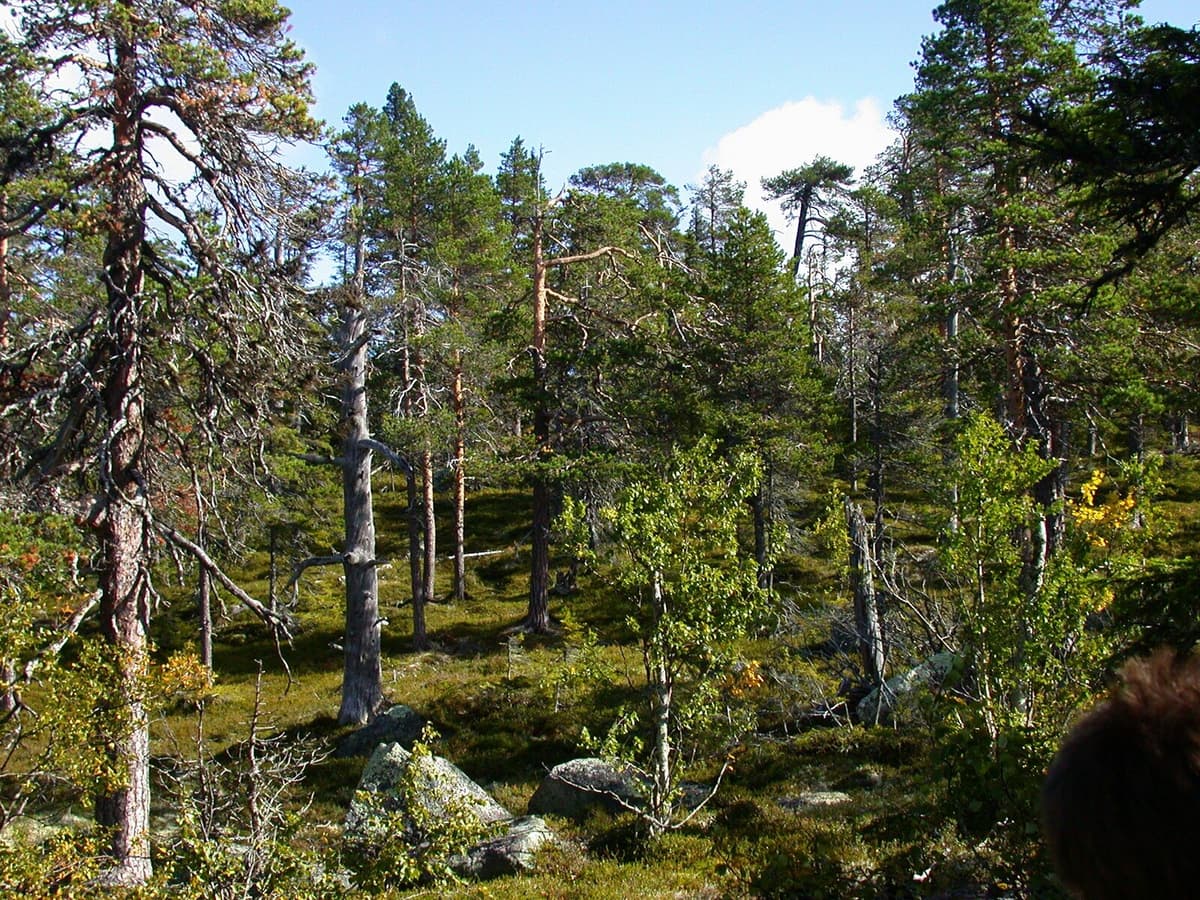With the proposals, Sweden will not be able to meet the various requirements for preserving biodiversity. Nor will EU's statutory requirements for increasing carbon sequestration in forests and soil be met.
"Even though there are good partial proposals, the strategy is completely inadequate for addressing the nature crisis and is a major setback for Swedish nature conservation policy," says Karin Lexén, Secretary-General of the Swedish Society for Nature Conservation, in a press release.
The World Wildlife Fund (WWF) agrees with the criticism and calls the proposal a major disappointment.
"Logged instead of protected"
Particularly serious is the fact that the proposals do not meet EU's requirements for strictly protecting all remaining primeval and natural forests.
"The proposal to protect only extremely old forests is under all criticism. We need to protect our last natural forests and not log them," says Karin Lexén.
Several opposition parties that sat on the committee are also critical. The report is not unanimous, but rather a majority decision, primarily supported by the Moderate Party, the Christian Democrats, the Liberals, and the Sweden Democrats.
The most serious issue is that the proposals do not meet the requirement to protect primeval and natural forests, she believes.
The Social Democrats are also critical of the fact that so much forest with high natural values remains unprotected.
Regarding the proposals to increase carbon sequestration, the Social Democrats have not submitted any reservations, despite not meeting the targets.
The proposals we have submitted are clearly not enough, and therefore, the government must continue to work on how Sweden will fulfill its commitments," says Joakim Järrebring (S).
"The government has failed"
The Environmental Objectives Committee's proposals are estimated to increase carbon sequestration in forests and soil by seven million tons by 2030 – far from the 19 tons required by the Environmental Protection Agency for Sweden to meet EU's commitments.
Center Party's Stina Larsson believes it is the government's fault and that the climate policy has led to the need for more carbon to be stored in forests to meet EU's targets.






